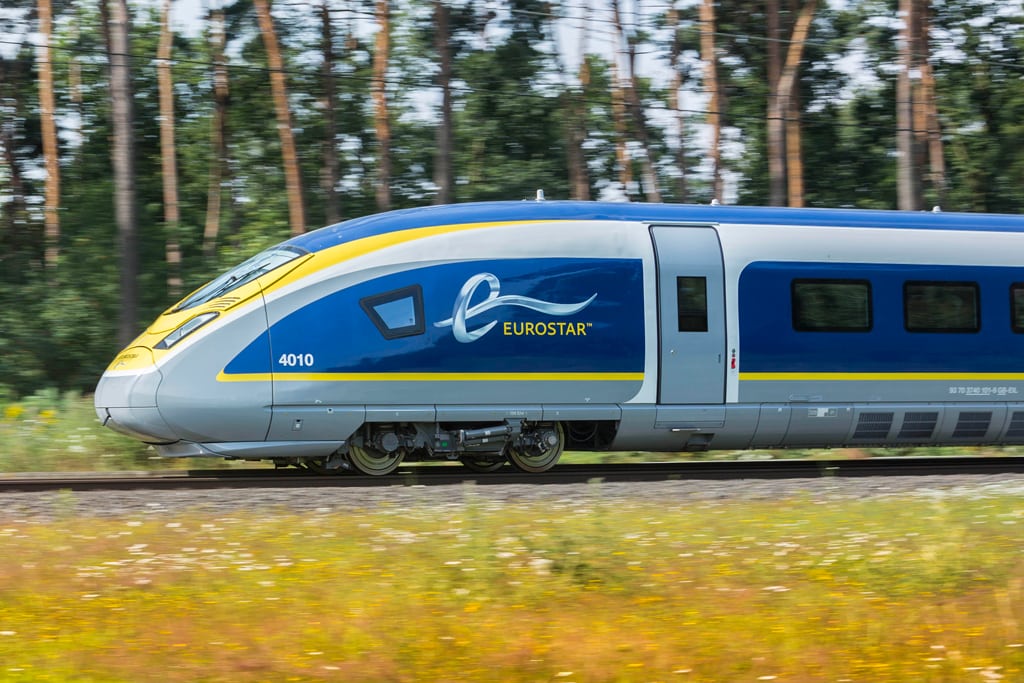Siemens to Buy Rail Software Company Sqills for $650 Million

Skift Take
Siemens Mobility said on Thursday it had signed a deal to acquire Sqills, a Netherlands-based rail software company, for $650 million (€550 million). The deal highlights an amplified interest in intercity rail worldwide as the impacts of climate change become more apparent and a new wave of technologies become available.
Sqills is a seller of cloud-based inventory management, reservation, and ticketing software for rail transport operators worldwide. Founded in 2002, it hasn't raised outside investment.
For years, Siemens' HaCon unit and Sqills have competed against other vendors, such as Amadeus, IBM, and SilverRail, to offer operational tools to railway companies. But Sqills enjoyed a streak of business wins in Europe before the pandemic struck. Today 33 operators, such as SNCF, Irish Rail, Rail Delivery Group, SJ, Via Rail, and Eurostar, use its services.
The company employs 160 people and forecasts its 2022 revenue of approximately $47 million (€40 million). That represented growth from the pre-pandemic year of 2019, when Sqills generated roughly $25 million in revenue.
"The acquisition of Sqills is a perfect example of how Siemens combines the real and digital worlds to empower its customers in their transformation," said Roland Busch, president and CEO of Siemens AG, which announced the deal Thursday. "At the same time, Sqills supports our growth path for digital services and is a great example of applying our capital allocation criteria through targeted acquisitions."
Sqills' first customer was a small German rail operator, in 2010. Squills charges on a volume-times-price, sliding scale model.
The deal comes against a backdrop of changing dynamics in Europe's rail market. Recent deregulation of Europe's rail markets and an increased interest in rail as a greener option for intercity travel than flights could ramp up pressure on railway operators to upgrade their software for reservations and inventory management. Many operators are still working on reservation systems dating from the 1980s and 1990s.
Newer cloud-based systems enable operators to test changes in their commercial models more quickly while also operating at a lower cost per unit. This can allow experimentation infare structure, origin-and-destination pricing, zone-based pricing, and distance-based pricing.
Operators use Sqills’ inventory system and then connect with companies like Trainline, SilverRail, and Amadeus to distribute their tickets to agencies.
Siemens Mobility has many customers in Asia Pacific and the Americas that could be cross-sold on Sqills' products. The German tech giant plans to integrate Sqills' S3 Passenger platform with its other offerings, including Hacon, eos.uptrade, Bytemark, and Padam Mobility.
Sqills isn't doing much custom work. About 95 percent of the operators’ requirements are already standard capabilities and options in its system. Each operator gets its own version of the software on Amazon Web Services, and in-house teams at the operator run it. That's different from a unified cloud-based model, where an outage in one place could bring all customers down.
Some customization is typical, however, to link disparate systems from different vendors, such as a ticket vending machine with the railway’s accounting software.
The acquisition is expected to close in the first quarter of fiscal 2022.
"To significantly increase the number of passengers on the tracks and achieve our climate goals by 2030, we need to provide passengers with a more optimized process that enables them to seamlessly identify and use all the rail services we offer," said Michael Peter, CEO of Siemens Mobility.
Skift’s in-depth reporting on climate issues is made possible through the financial support of Intrepid Travel. This backing allows Skift to bring you high-quality journalism on one of the most important topics facing our planet today. Intrepid is not involved in any decisions made by Skift’s editorial team.





